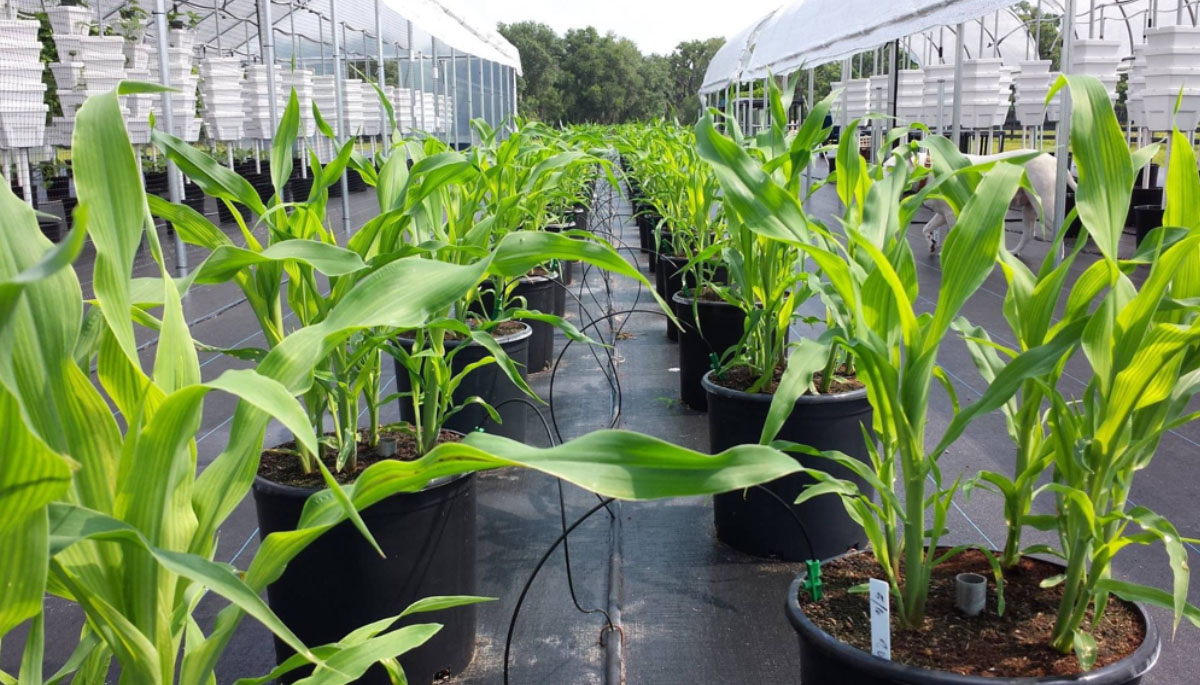The selfless extension of one human being to another is the root solution to many critical problems facing humankind today. However, how becomes specific to each individual and the roles they could play.
Ignatius van Rooyen, one of MET63’s engineers, has recently completed a research article on the positive impact hydroponic mealie growth could have on the impending global food crisis.
Food production must increase to support the rapidly growing human population, and conventional agriculture has already exploited the most fertile land. This creates a problem in the availability of arable land. Additionally, sun energy, necessary for photosynthesis and plant production, has become a more limiting factor. To summarise, the problem’s crux is currently energy availability and utilisation.
Energy-dense foods like corn, commonly used in cereals and meal, must be grown under natural sunlight to be economically viable. Therefore, more efficient production and utilisation of this natural resource is key to future food sustainability. In his paper, Ignatius describes how hydroponics, used as a method of plant cultivation, can provide up to double the current standard crop yield and be the ultimate solution to the food crisis.
Maximised growth is possible when less energy is wasted by the plant roots digging through the soil and taking up space. In addition, plants can utilise more sunlight when environmental conditions are optimal, like those in the hydroponic system. However, despite the various advantages, current hydroponic mealie growth attempts are slow in the off-take due to technical difficulties, such as physical plant support.
Ignatius based his article on the implementation of a hydroponics system within the microcosm of a local rural community. The potential biomass production rate is double that of conventional corn production, meaning that these communities can benefit significantly from this proposed system.
The results show that more efficient use of sun energy can effectively alleviate food scarcity. Furthermore, Ignatius describes how the inedible parts of the crop (corn stover) can be recycled through anaerobic digestion to produce methane (a valuable energy source), ultimately improving energy conservation.
MET63 encourages our team to utilise their skillset to benefit our clients and projects and better the lives of communities.
Thanks, Ignatius, for sharing your input.
